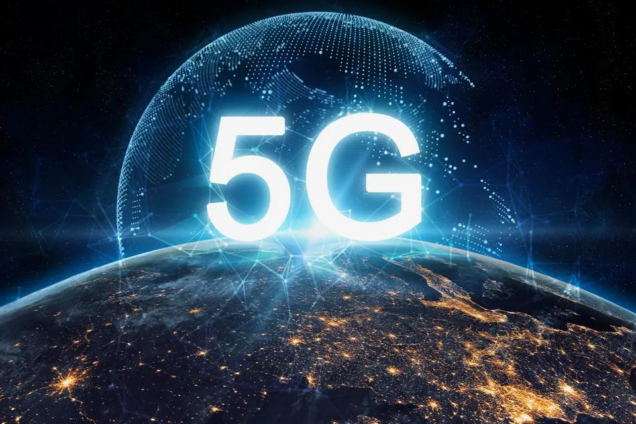The Government has been urged to prioritise immediate interventions to ensure a stable electricity supply to support Ghana’s rollout of the Fifth Generation (5G) mobile broadband services.
The country, having granted a license to Next-Gen Infrastructure Company, is expected to roll out 5G services from the third quarter of 2024 towards a fully digitised society by 2030 and deliver affordable services to users.
In a press release copied to the Ghana News Agency on Monday, June 3, the Africa Centre for Digital Transformation (ACDT) recognised the importance of such network infrastructure to the country.
The Centre indicated that 5G was designed to support fast networking speeds for the Internet of Things (IoT), including medical devices, and called on the government to address the power crisis to ensure its successful implementation.
A 2021 study published by the European Scientific Journal noted that a 5G site has power needs of over 11.5 kilowatts, up nearly 70 per cent from a base station deploying a mix of 2G, 3G, and 4G radios.
It attributed this to 5G base stations requiring several new, ‘power hungry’ components, including microwave or millimetre-wave transceivers, faster data converters, as well as multiple input/output antennas as the reasons.
It is against that background that Kwesi Atuahene, Executive Director, ACDT, urged the government to “focus its immediate efforts on the upgrading and expansion of electricity infrastructure to improve reliability and reduce the frequency of power outages”.
He encouraged the government to explore renewable energy solutions such as solar, and wind power to supplement traditional hydropower sources and enhance the resilience of the power grid.
Kwesi Atuahene also called for the strengthening of the capacity and efficiency of backup power systems for the 5G network infrastructure, including the deployment of advanced battery technologies and efficient generator systems.
He noted that the current power outages could degrade the quality of service for 5G users, resulting in slower data speeds, dropped calls, and cause communication disruptions.
That, the Executive Director of ACDT said could have an impact on a range of sectors dependent on 5G connectivity, such as healthcare, manufacturing and transportation.
He called on all stakeholders, including government agencies, private sector entities, and Civil Society Organisations (CSOs) to work together to address the power crisis.
That, he said should be done before opening a conversation about unlocking the transformative power of 5G telephony services for Ghana’s sustainable development.
Latest Stories
-
Minority leader slams Mahama over ‘Tot Tot’ ministerial appointments
11 minutes -
AU leaders meet to approve new framework for development of Africa’s agriculture
11 minutes -
Everton sack Sean Dyche
26 minutes -
Kwahu Professionals Network congratulates Julius Debrah on appointment as Chief of Staff
30 minutes -
Leave a legacy of a transformed Northern Ghana – Mahama urged
42 minutes -
Anim Addo’s comments do not reflect the clubs position – Young Apostles
55 minutes -
Gov’t hasn’t contracted anyone to produce framed presidential portrait – Office of the President
60 minutes -
Katamanto fire: The Or Foundation donates GH₵1m to help traders rebuild
1 hour -
Samuel Anim Addo: former Executive Council member charged for misconduct over social media comments
1 hour -
GFA Disciplinary Committee charges Anim Addo over complaints about referee Hanson
1 hour -
Guinness Ghana DJ Awards 2025: Countdown to Nov 29 begins
1 hour -
Symbolisms of Mahama’s inauguration and urgent need for resetting our country
1 hour -
Mahama will soon be ordained as a pastor – Sonnie Badu
2 hours -
Police restore calm at Ntotroso following security breach at Newmont Mining site
2 hours -
My gov’t will prioritise revenue generation – Mahama
2 hours

